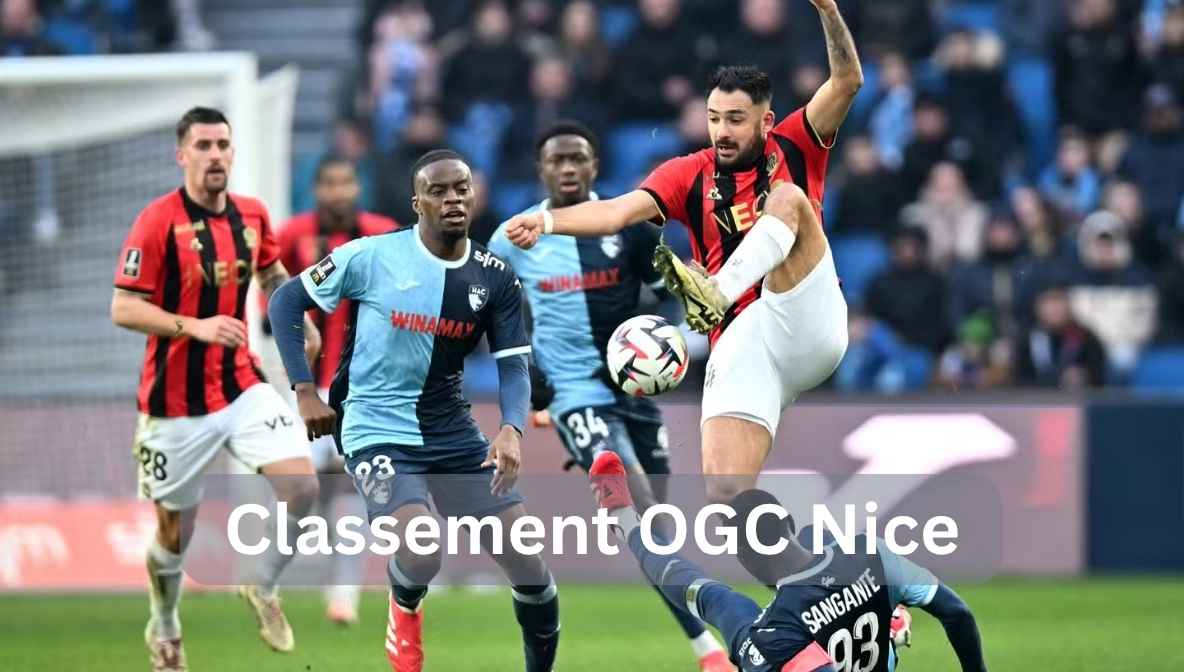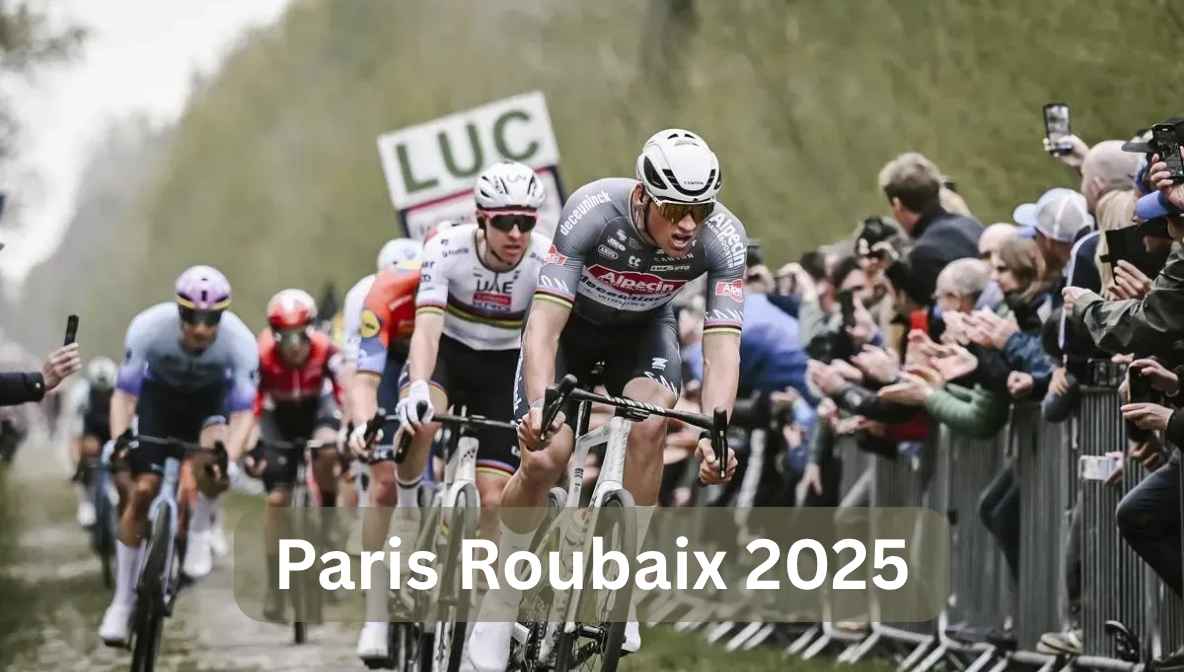In various contexts, “Boss Turf” has emerged as a powerful and strategic concept. From competitive gaming to the real estate market, the term is used to describe a domain or area that a person or entity dominates. Understanding what it means to control one’s “Boss Turf” can offer insights into how leaders, businesses, and gamers approach territory, strategy, and power. Whether it’s owning a piece of land or controlling the highest ranks in a game, the idea of a “boss turf” represents a commanding presence in a competitive landscape.
This article delves into the different interpretations and applications of “Boss Turf,” shedding light on how it functions in gaming, business, and social dynamics.
What Is “Boss Turf”?
“Boss Turf” refers to an area or domain that is under the full control or influence of a “boss,” whether in the context of a business, a game, or a social group. The term conveys power and territorial control.
How Is It Used in Gaming?
In gaming, “Boss Turf” often refers to the space or area controlled by the most powerful entities, often referred to as “bosses.” These spaces are significant for both resources and competitive advantage.
How Did “Boss Turf” Become Popular?
The concept of “Boss Turf” has gained popularity in gaming communities and online spaces, where it signifies dominance and authority. As gaming culture evolved, players began using the term to describe areas they controlled within virtual environments.
Emergence in Gaming Culture
As multiplayer games became more sophisticated, the idea of territorial control emerged. Players now aim to conquer and control spaces, both in virtual worlds and in competitive games, establishing a sense of dominance.
What Does “Boss Turf” Mean in Business?
In business, “Boss Turf” refers to a market or niche in which a company or individual holds dominant control. This could range from a specific product category to an entire geographical region where the business is the most influential.
Strategic Market Control
Companies work hard to establish their own “Boss Turf” by capturing market share, offering unique products, or providing superior services. Owning a “boss turf” means being the go-to leader in that area.
Why Is “Boss Turf” Important in Competitive Gaming?
In competitive gaming, having control over “Boss Turf” means securing an advantage over other players or teams. This often includes the best resources, the most strategic positions, and the highest levels of prestige.
Securing Competitive Advantage
Controlling “Boss Turf” allows players to gain resources that improve their performance, whether it’s through in-game items, bonuses, or strategic positions. It provides them with an edge over other competitors.
How Do Players Fight for “Boss Turf” in Online Games?
Players often compete for control of “Boss Turf” in online games through strategy, strength, and alliances. Whether it’s an in-game arena or a specific area of a map, players fight to take and hold these territories.
Strategies to Dominate Turf
Dominating “Boss Turf” often requires a combination of timing, tactical planning, and resources. Players may also form alliances to secure larger areas or territories, building teams for strength and protection.
What Role Does “Boss Turf” Play in Online Communities?
Online communities, especially those built around gaming or business networking, often use “Boss Turf” to describe areas of influence or expertise. A person or group that controls a specific subject matter becomes a “boss” in that turf.
Influence and Reputation
Controlling a “boss turf” in an online community often leads to increased influence. These individuals are looked up to for their expertise, leadership, and the value they add to the community.
What Is the Relationship Between “Boss Turf” and Leadership?
“Boss Turf” is intrinsically linked to leadership, as it symbolizes control and influence. A true “boss” is someone who commands respect and authority over their domain, whether it’s in a business, game, or social group.
Leadership Qualities in Boss Turf
To control “Boss Turf,” one must exhibit leadership qualities such as decisiveness, vision, and the ability to rally others. A true leader knows how to protect their territory and grow it over time.
How Do Businesses Use “Boss Turf” for Expansion?
Businesses use the concept of “Boss Turf” to establish dominance in certain industries or markets. Once a business controls its “boss turf,” it can expand into other territories by leveraging its existing influence.
Expanding Beyond Turf
Once a company has successfully established its position, it can use the resources, relationships, and reputation built in its “boss turf” to venture into new markets or product categories.
What Are Some Famous Examples of “Boss Turf” in Real Estate?
In real estate, owning a “boss turf” typically refers to a location or area where an individual or company has exclusive control or influence. This could be a property that’s highly desirable or a region with significant development potential.
Prime Real Estate Locations
Examples of real estate “boss turf” include areas like downtown cities, waterfront properties, or historic neighborhoods that carry high value. Developers and investors strive to acquire and dominate these spaces.
What Strategies Can You Use to Build Your Own “Boss Turf”?
Building your own “boss turf” in any area of life, whether in gaming, business, or social circles, requires strategy, effort, and time. It’s about developing expertise, forming key relationships, and consistently outperforming competitors.
Steps to Establishing Turf
Start by identifying your area of interest or strength. Build knowledge, gain experience, and make connections that help you create a presence in your chosen domain.
How Is “Boss Turf” Perceived in Social Contexts?
In social dynamics, “Boss Turf” can refer to a person or group that controls influence or authority within a social circle. This could apply to anything from school groups to professional networks.
Influence in Social Groups
In social contexts, individuals who control the “boss turf” often have the power to shape conversations, make decisions, or even dictate trends within their community. Social capital is key to maintaining this control.
How Does “Boss Turf” Relate to Power Dynamics?
The concept of “boss turf” is often tied to power dynamics. Whether in politics, business, or social settings, controlling the turf can be an expression of power, authority, and influence.
Power and Control
When a person or entity controls a particular turf, they often exert influence over others. The struggle for turf can therefore be seen as a reflection of the broader struggle for power and control in any system.
The Impact of “Boss Turf” on Collaboration
In some cases, “Boss Turf” may lead to collaboration rather than competition. In multiplayer games, for instance, factions may work together to control a shared “boss turf,” combining resources to dominate the game.
Collaboration vs. Competition
The dynamics of turf control often require balancing collaboration with competition. Sometimes, sharing a “boss turf” can lead to mutual benefits, such as improved resources or influence, while at other times, intense competition ensues.
What Are Some Potential Drawbacks of “Boss Turf”?
While controlling “Boss Turf” can bring advantages, it also comes with its own set of challenges. Leaders must constantly defend their territory from competitors, and maintaining dominance can be difficult over time.
Constant Vigilance
To keep control over “boss turf,” individuals or businesses must continuously innovate, adapt, and fend off challenges. Failure to do so can lead to losing dominance to competitors.
Chart/ Table Information on the “Boss Turf” in Various Sectors
| Sector | Examples of “Boss Turf” | Key Strategies for Control | Risks of Losing Control |
|---|---|---|---|
| Gaming | High-level arenas, territories | Teamwork, strategy, alliances | Losing rank, lack of resources |
| Real Estate | Prime city locations, waterfronts | Location development, exclusivity | Market fluctuation, competition |
| Business | Market dominance in industries | Innovation, customer loyalty | Disruptive competition |
| Social Groups | Leadership roles in communities | Charisma, networking | Social dynamics, competition |
Conclusion
“Boss Turf” represents more than just dominance; it signifies control, strategy, and leadership in various sectors. Whether in gaming, business, real estate, or social circles, the concept of “Boss Turf” encapsulates the essence of power dynamics and territorial control. While it comes with challenges, securing and maintaining “Boss Turf” can provide individuals and organizations with significant advantages.
FAQs
- What is the meaning of “Boss Turf”?
“Boss Turf” refers to a domain or area where a person or entity has full control, often linked to power or influence in a specific sector like gaming, business, or real estate. - How do I build my own “Boss Turf”?
Building a “boss turf” involves developing expertise, gaining experience, creating valuable relationships, and consistently outperforming competitors. - What are some common examples of “Boss Turf” in real estate?
Prime locations such as downtown districts, waterfront properties, and historic neighborhoods are considered “boss turf” in real estate. - What challenges come with maintaining “Boss Turf”?
The challenges include constant competition, the need for innovation, and defending against rival attempts to take control of your territory.




